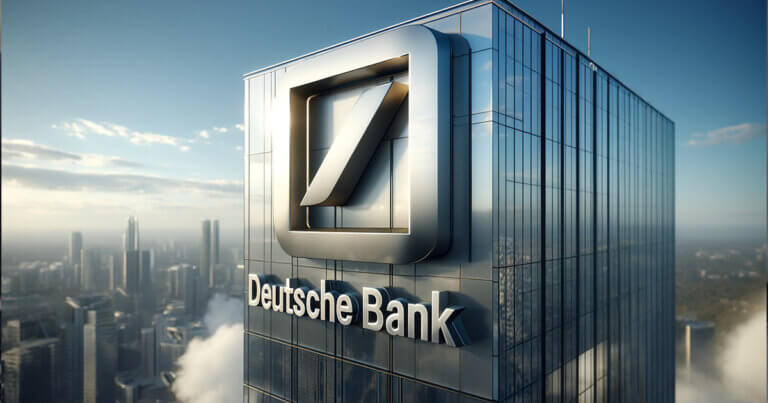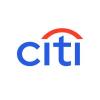 Deutsche Bank sees blockchain as key to tackling margin compression
Deutsche Bank sees blockchain as key to tackling margin compression Deutsche Bank sees blockchain as key to tackling margin compression
Deutsche Bank is currently testing a new platform built on the Ethereum network that is designed to offer services for tokenized funds.

Cover art/illustration via CryptoSlate. Image includes combined content which may include AI-generated content.
Deutsche Bank AG has announced its strategic push into blockchain technology as a potential remedy for the margin compression challenges facing the financial services industry, Bloomberg News reported on May 29.
The German banking giant is participating in Singapore’s Project Guardian, an initiative led by the Monetary Authority of Singapore, which aims to harness the benefits of blockchain for financial markets.
Deutsche Bank is currently testing a new platform built on the Ethereum network that is designed to offer services for tokenized funds under Project Guardian.
Anand Rengarajan, Deutsche Bank’s head of securities services in Asia-Pacific and Middle East and global head of sales, highlighted the urgency of adopting innovative technologies. He said:
“Blockchain will be crucial in helping us remain competitive as margin compression impacts the financial services sector.”
According to Rengarajan, blockchain and smart contract-based solutions can significantly lower costs, reduce transaction times, and minimize risks.
Addressing fee compression
The asset management industry has been under pressure as fee incomes continue to decline, driven by the rise of passive investment products. A report from Boston Consulting Group indicates that the average asset management fee has decreased from 26 basis points in 2010 to 22 basis points in 2023.
Project Guardian is a collaborative effort bringing together policymakers and financial firms to explore tokenization in areas such as fixed income, asset management, and foreign exchange.
The initiative supports Singapore’s ambition to establish itself as a global blockchain hub. Participants include major financial institutions like JPMorgan Chase, DBS Group, Ant International, Standard Chartered, and T. Rowe Price Group.
The companies are working towards creating industry standards for tokenization, particularly in cross-border forex settlement and bond trading.
Future potential
Tokenization involves creating digital representations of real-world assets on a blockchain. Citigroup estimates that the tokenization market could grow to $5 trillion by 2030, covering assets such as bonds, real estate, and private equity. Despite its potential, tokenization is still in its early stages and has yet to be proven at scale.
Deutsche Bank’s new platform aims to provide comprehensive record-keeping services for issuers of tokenized funds, facilitating investor management, custody arrangements, and valuations. Currently a proof-of-concept, the platform is expected to become commercialized in the future.
Rengarajan emphasized the platform’s interoperability, which allows fund managers to use it regardless of the underlying blockchain technology. He added:
“We are investing heavily in this technology over the next few years, building on the groundwork we have laid. This will set us up for a promising commercial future.”
In 2023, Deutsche Bank partnered with Swiss crypto technology firm Taurus SA to develop a digital-asset custody service. This partnership reflects a growing trend among major financial institutions to explore the commercial applications of blockchain and crypto technologies.

























































